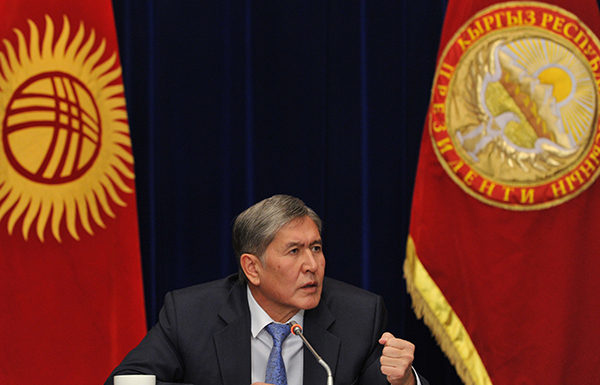Gulnoza Said
Gulnoza Said, CPJ's Europe and Central Asia program coordinator, is a journalist and press freedom advocate with over 20 years of experience in New York, Prague, Bratislava, and Tashkent. At CPJ, she has conducted several missions to countries in Europe and Central Asia, and advocated for greater press freedom and the release of jailed journalists at forums including the U.S. Congress, the United Nations, and the OSCE. Before joining CPJ in 2016, she was a journalist and covered issues including elections, politics, media, religion, and human rights with a focus on Central Asia, Russia, and Turkey. She also worked in communications for the United Nations Secretariat and the UNDP. Her op-eds, reports, and comments have appeared in CNN, the BBC, The New York Times, The Washington Post, The Guardian, PBS, NBC, Voice of America, RFE/RL, Fergana, Eurasianet, and other outlets, and she authored the Uzbekistan chapter in a book on the study of social entrepreneurship. Follow her on LinkedIn.

Azerbaijani authorities tighten screws on independent media
When officials in Baku released several high-profile journalists, including investigative journalist Khadija Ismayilova, from prison in May last year, the international media rights community breathed a sigh of relief. But any optimism was short-lived, with authorities in recent months prosecuting journalists and bloggers, and passing restrictive online media laws.
